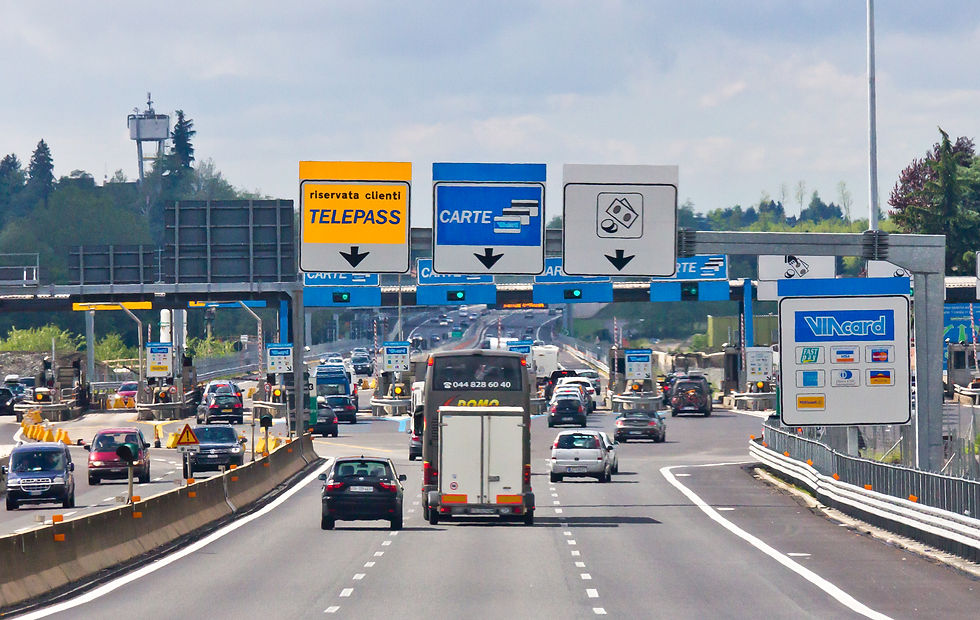UK border delays will affect the biomedical sector - EARA release
- Feb 9, 2022
- 2 min read

EARA’s concerns about the increased burdens on exports for the life science sector have been echoed in a report on UK trade by an influential cross-party Parliamentary committee.
In the report, published this month, the Public Accounts Committee (PAC) has said that since the end of the transition period on 31 December 2020, UK trade volumes have been suppressed by the impact of Covid-19 and wider global pressures, ‘but it is clear that EU exit has had an impact, and that new border arrangements have added costs to business’.
Evidence by EARA, which is included in the report, asked whether the 2025 UK Border Strategy proposal risked ignoring the current concerns (particularly over the issues of export health certification), the resolution of which would offer immediate relief to research institutes and businesses already under pressure due to Brexit and the Covid-19 pandemic. EARA executive director, Kirk Leech, said: “Collaborative research projects between the UK and European institutions require the swift movement of animals used for studies and EARA has had anecdotal reports from our members of continued problems with export paperwork.”
PAC said there has been, ‘clear increase in costs, paperwork and border delays’ for UK business since Brexit, not helped by repeated delays to new import regime. The committee further stated that there is potential for disruption at the border, exacerbated by ‘further checks at ports as part of the EU’s new Entry and Exit system’.
The situation is especially acute at ports like Dover where EU officials carry out border checks on the UK side. The Committee said the UK government plans to create ‘the most effective border in the world’ by 2025 was a ‘noteworthy ambition’ but was ‘optimistic’ and PAC was not convinced that it is underpinned by the plan to deliver it.
End



